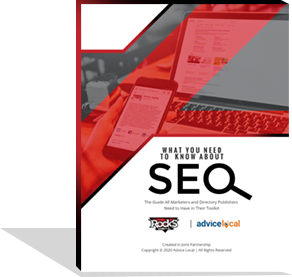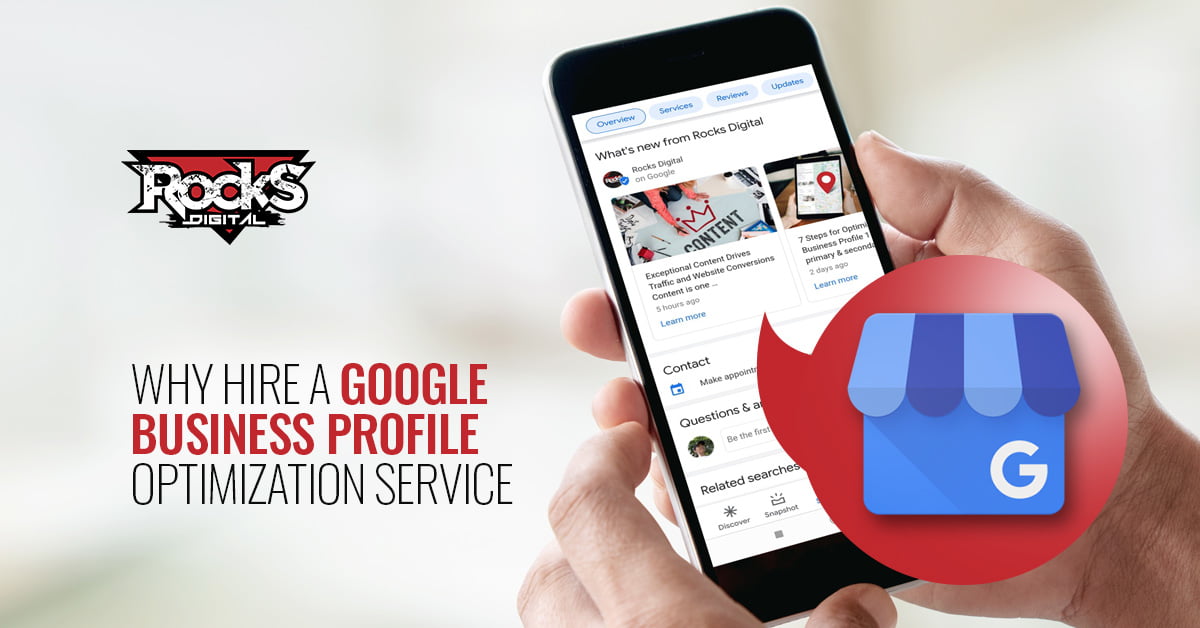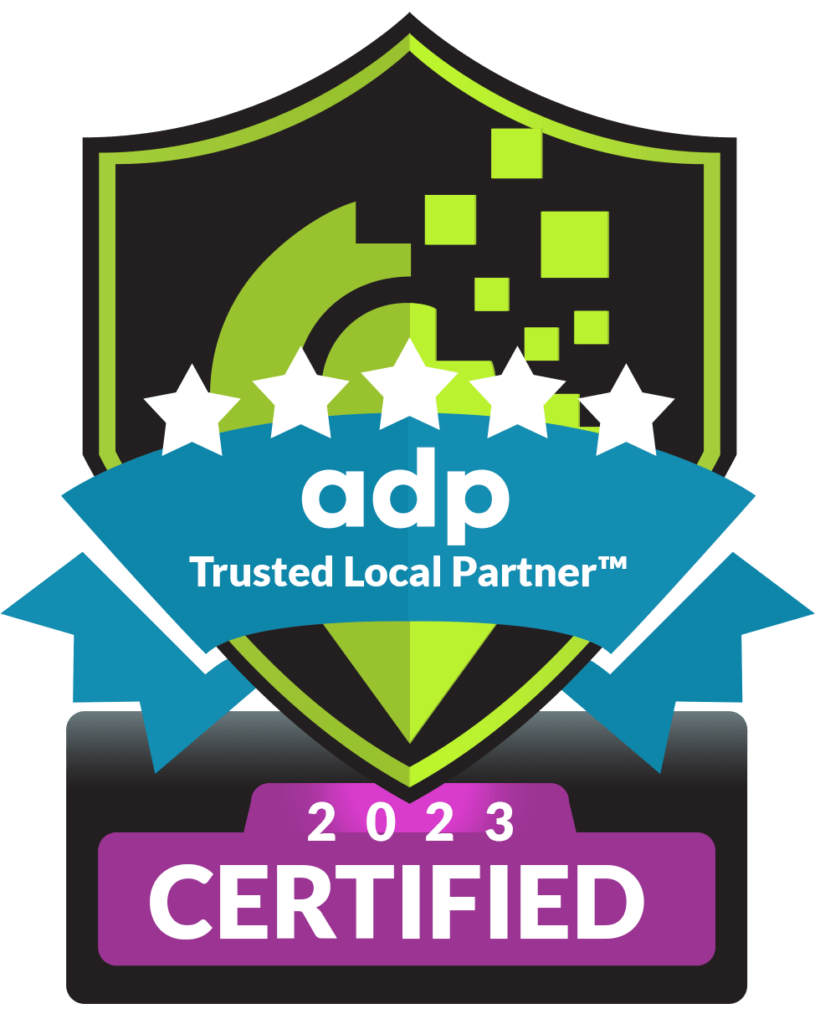Google’s SEO Algorithm and Your Business
Ahhh, the elusive “Google Page Rank” algorithm… how do you figure out the key to getting that number one spot? Beth Kahlich helped unlock the mystery with her talk that was probably most aptly subtitled – Understanding Search and What to do About It – (You’re Getting It All Wrong)
Some people have some idea of what SEO is but most people have no clue. (Don’t feel too bad about it if you don’t “get it”, it changes quite frequently!)
Beth’s Goal for her presentation was to look at SEO in a different way. People don’t have the right mindset and don’t have the foundational things down. Without a solid foundation and the right mindset, you’ll just end up spinning your wheels.
1st – Be A Good Marketer
- Goal – Relevant traffic
- Get in front of the right people
Does your traffic convert? All the traffic in the world is useless if it doesn’t convert. What’s the point of people seeing your content if they aren’t doing anything about it/with it?
Truth #1 – You cannot guarantee that you’re going to make #1 for a certain keyword.
Bring your SEO person in at the beginning of a website build. This will save you time, money, headaches and heartaches down the line. If you build the site and THEN think about the SEO, you’re just going to need to go back and do a lot of redesigning.
Link signals are constantly being updated – It used to be how many links? Do you have the “right” back links (anchor text)?
Then it was content signals – keyword stuffing, keyword density, then it changed from keywords to topics.
Truth #2 – You could be chasing the algorithms your whole life and the constant change will make it futile.
Organizations need to not think about SEO – Instead, speak to your target audience with content that is part of a comprehensive marketing plan. If you do this, the SEO largely takes care of itself because it become an integral part of your content.
Two tips:
- Make sure that your website is not standing in the way of Google understanding your content
- Speak to your target audience and don’t talk “above” the language of their target reader – speak the language of the people you’re hoping to serve.
So, what is Google really looking for?
- Clarity
- Authority
Quality + Simplicity = Clarity on topics
Depth of information = Authority on topics
So, on your website:
TOP LEVEL CONTENT – Clarity & Simplicity
Broad Keywords/Topics
MIDDLE LEVEL CONTENT
More Specific Keywords/Topics
BOTTOM LEVEL CONTENT – this is the focus
Blog Posts/Articles
VERY SPECIFIC Keywords/Topics
Truth #3 – NO ONE WANTS TO HEAR JUST ABOUT YOUR BUSINESS!
Think laterally & think vertically – What’s RELATED to your business?
For example – if your business is a “dog-friendly travel services”, you wouldn’t JUST talk about that. You’d talk about dog related products and services, as well. Perhaps expand out to information about responsible pet ownership. It’s still related to your business, it will still resonate with your audience and it won’t be endless droning on about just your business, which means people won’t tune you out.
On-page optimization
- Title Tag – doesn’t have to match, but needs to be on the same topic.
- Meta Description – needs to include topic (or Google may replace it).
- Header Tags – H1 Headline and H2 Subheads – Not a deal-breaker if it isn’t but use them if you can.
- Alt Tags on images – again, put your topic into the Alt Tags.
- Content – include the correct words.
How do your pages relate to each other? Make it as easy as possible for Google to understand what your content is about.
Laura Darkstar
Laura Darkstar, owner of Adminderella, is an Administrative Strategist, Blogger, Entrepreneur & Aspiring Novelist. She loves social media and small biz owners.


















